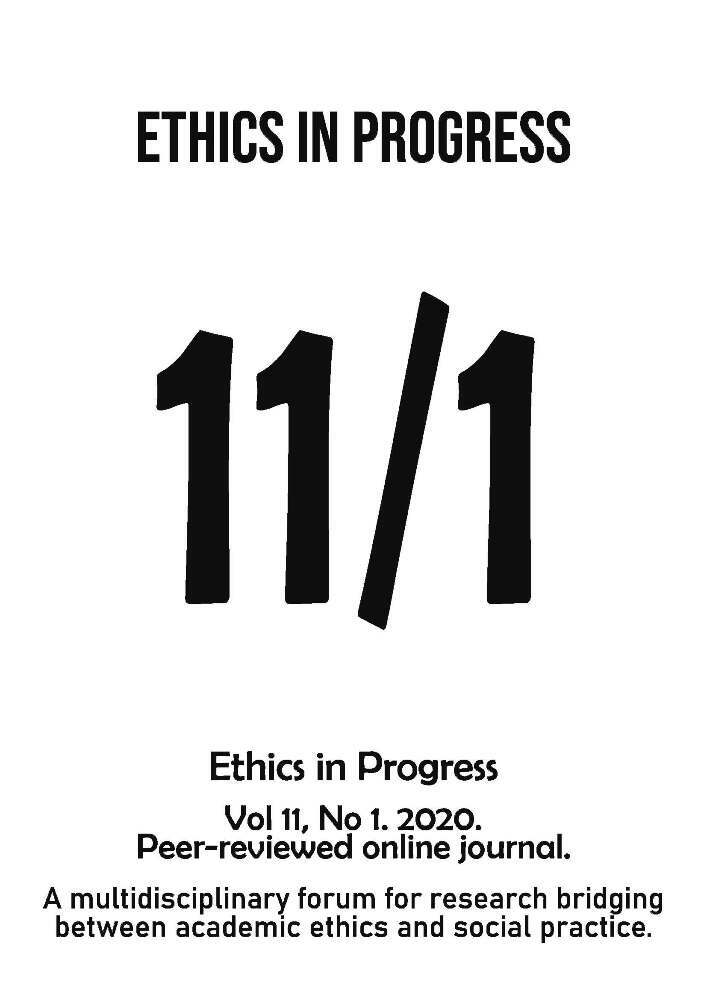Abstract
Ludwik Fleck is known today primarily as pioneer in the social study of scientific knowledge. However, during World War II he was a prisoner in Buchenwald, where he and other prisoners produced a typhus vaccine for the Nazis, and where he witnessed murderous experiments on human beings. After WW2, Fleck was accused by one of the prisoners who had participated in the vaccine production at Buchenwald of collaborating, either deliberately or due to lack of imagination, with the Nazi experiments. This article critically examines this accusation and its well-documented rebuttal by Fleck. It argues that while sometimes, especially when dealing with emotionally fraught issues, it may be difficult to establish what precisely took place at a given time and site, it is important to restore the original complexity and messiness of past events – in order to open spaces for understanding, reflexivity and compassion.
References
Amsterdamska Olga, Bonah Christian, Borck Cornelius et al. 2008. „Medical Science in the Light of a Flawed Study of the Holocaust: A Comment on Eva Hedfors’ Paper on Ludwik Fleck,” Social Studies of Science 38:937–944.
Balachowsky Alfred Serge. NN. Balachowsky’s papers, BAL/1. Paris: Pasteur Institute Archives. The transcript in English available on http://www.yale.edu/lawweb/avalon/imt/proc/01-29-46.htm
Balachowsky Alfred Serge. 1946. Testimony, Nuremberg trial, 29.1.1946.
Balachowski Alfred Serge. 1965 (January). „Block 46 au procès du Nuremberg,“ Patriote Resistant.
Bayle François. 1950. Croix Gammé contre Caducée. Berlin – Neustadt: Imprimerie Nationale.
Berlivet Luc & Löwy Ilana. 2020. « Hydroxychloroquine Controversies: Clinical Trials, Epistemology, and the Democratization of Science,” Medical Anthropology Quarterly (in press).
Fleck Ludwik. 1948. Persecution documents no. 2224 & 2226, I.G. Farben trial in Nuremberg, February 12, 1948, reproduced in S. Werner, C. Zittel, & F. Schmaltz (Eds.) 2007, Ludwik Fleck: Style myślowe i fakty: artykuły i świadectwa (pp. 358–365). Warszawa: IFiS PAN.
Fleck Ludwik. 1946a. „Kilka spostrzeżeń i doświadczeń z dziedziny duru plamistego” [Some observations and experiments on typhus], Polski Tygodnik Lekarski 1:307–309.
Fleck Ludwik. 1946b. „Swoiste substancje antygenowe w moczu chorych na dur plamisty” [Specific antigenic substances in the urine of typhus patients], Polski Tygodnik Lekarski 1:663–666.
Fleck Ludwik. 1946c. „Problemy naukoznawstwa”, Życie Nauki 1:335–336 (English version in R. Cohen & T. Schnelle (Eds.) 1986, Cognition and Fact: Materials on Ludwik Fleck (pp. 113–127). Dordrecht: Reidel.
Fleck Ludwik. 1948a. “Comment of a Paper by Tadeusz Tomaszewski, Psychological Studies on Ex-prisoners of Concentration Camps,” Reports of Philosophical and Psychological Society of Lublin 1947-1948. Reproduced in S. Werner, C. Zittel, & F. Schmaltz (Eds.) 2007, Ludwik Fleck: Style myślowe i fakty: artykuły i świadectwa (pp. 296–297). Warszawa: IFiS PAN.
Fleck Ludwik. 1948b. „W sprawach doświadczeń lekarskich na ludziach”, Polski Tygodnik Lekarski [Polish Medical Weekly] 35.
Fleck Ludwik. 1979 (Orig. 1935). Genesis and Development of a Scientific Fact. Chicago: Chicago University Press.
Fleck Ludwik. 2007. „On Buchenwald: Comment on F. Bayle’s Book Croix gammée contre caducée,” reproduced in S. Werner, C. Zittel, & F. Schmaltz (Eds.) 2007, Ludwik Fleck: Style myślowe i fakty: artykuły i świadectwa (pp. 306–311). Warszawa: IFiS PAN.
Foot Michael. 1966. SOE in France. London: Her Majesty Stationary Office.
Hedfors Eva. 2008. “Medical Science in the Light of Holocaust: Departing from a Post-war Article by Ludwik Fleck,” Social Studies of Science 38(2):259–283.
Hessel Stéphane. 1997. Danse avec le siècle. Paris: Seuil. Available online on http://www.hg.goe.ni.schule.de/projekte/dora/jahrestag/shfz.doc (last accessed on April 2020).
Kielanowski Tadeusz. 1948. «W sprawie artykułu prof. dra Flecka o doświadczeniach lekarskich na ludziach», Polski Tygodnik Lekarski 43:1292–1293.
Lutowski Jerzy. 1950. „Co to jest leukergia: Rozmawiamy z profesorem Fleckiem”, Po Prostu 18(104), reproduced in S. Werner, C. Zittel, & F. Schmaltz (Eds.) 2007, Ludwik Fleck: Style myślowe i fakty: artykuły i świadectwa (pp. 317–319). Warszawa: IFiS PAN.
Narbutowicz Barbara. 2007. Letters from L. Fleck, reproduced in S. Werner, C. Zittel & F. Schmaltz (Eds.) 2007, Ludwik Fleck: Style myślowe i fakty: artykuły i świadectwa. Warszawa: IFIS PAN.
Pasteur Louis. 2012. Écrits scientifiques et médicaux. Paris: Flammarion.
Schnelle Thomas 1986. “Notes from a conversation with Eugen Kogon,” reproduced in S. Werner, C. Zittel, & F. Schmaltz (Eds.) 2007, Ludwik Fleck: Style myślowe i fakty: artykuły i świadectwa (pp. 399–400). Warszawa: IFiS PAN.
Seaman Anna, testimony. Thomas Schnelle Archiv, Das Ludwik Fleck Zentrum am Collegium Helveticum, Zurich, TSA, D 14/1.
Waitz Robert & Ciepielowski Marian. 1946. “Le typhus experimental au camp de Buchenwald”, La presse médicale, from 18 May: 322–324
Weindling Paul J. 2000. Epidemics and Genocide in Eastern Europe 1890-1945. Oxford: Oxford University Press.
Weindling Paul J. 2001. “The Scientist as Survivor: Ludwik Fleck and the Holocaust,” La lettre de la Maison Française d’Oxford 13, Trinity Term: 85–96.
Weindling Paul J. 2009. “The Fractured Crucible: Scientific Survival, and the Defense of Ludwik Fleck,” in J. Fehr, N. Jas, & I. Löwy (Eds.), Penser avec Ludwik Fleck – Investigating a Life Studying Life Sciences (pp. 47–62). Zurich: Ludwik Fleck Centre/Collegium Helveticum.
Wong Julia. 2020. “Hydroxychloroquine: How an Unproven Drug Became Trump’s Coronavirus’ Miracle Cure,” The Guardian, April 07, 2020.




